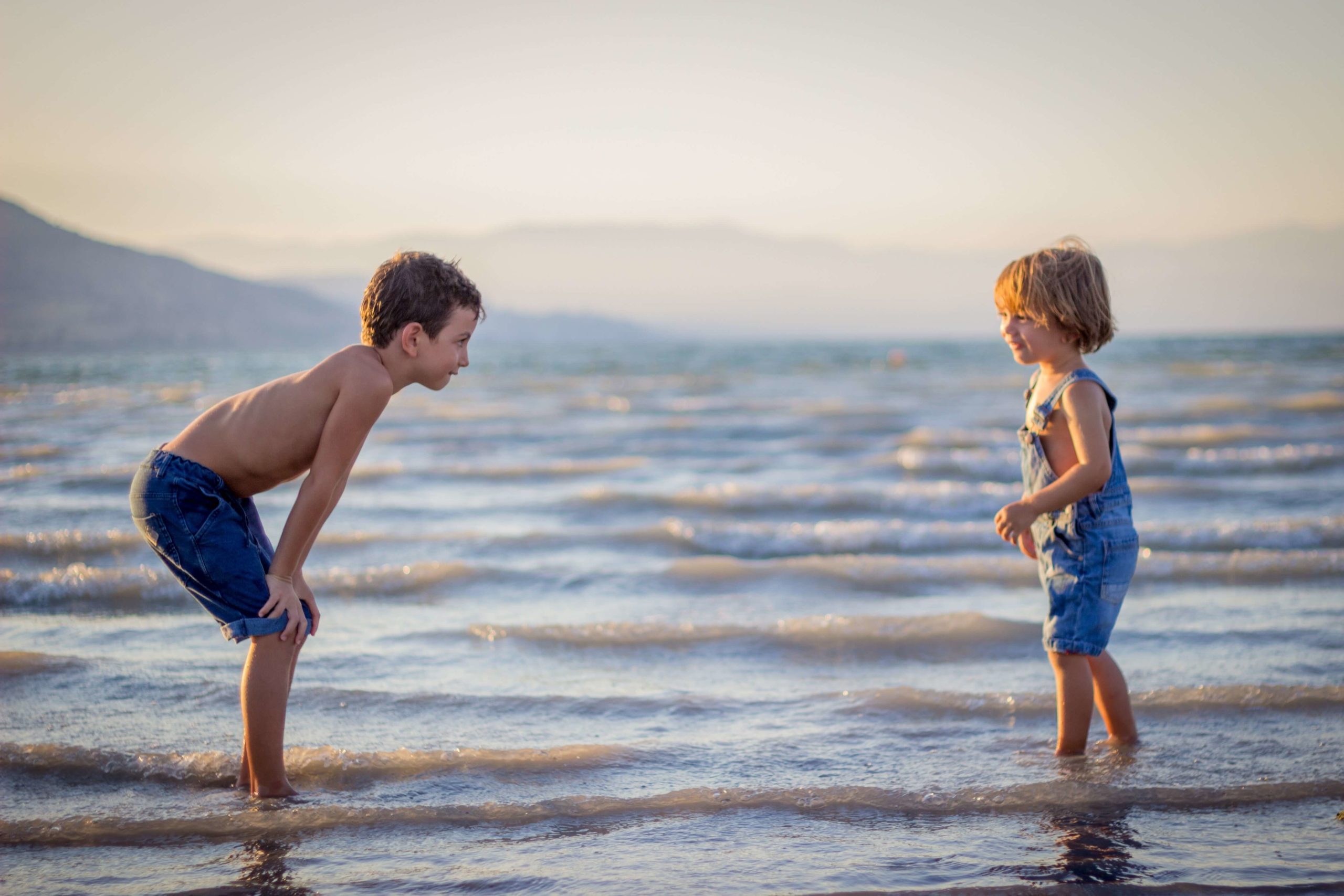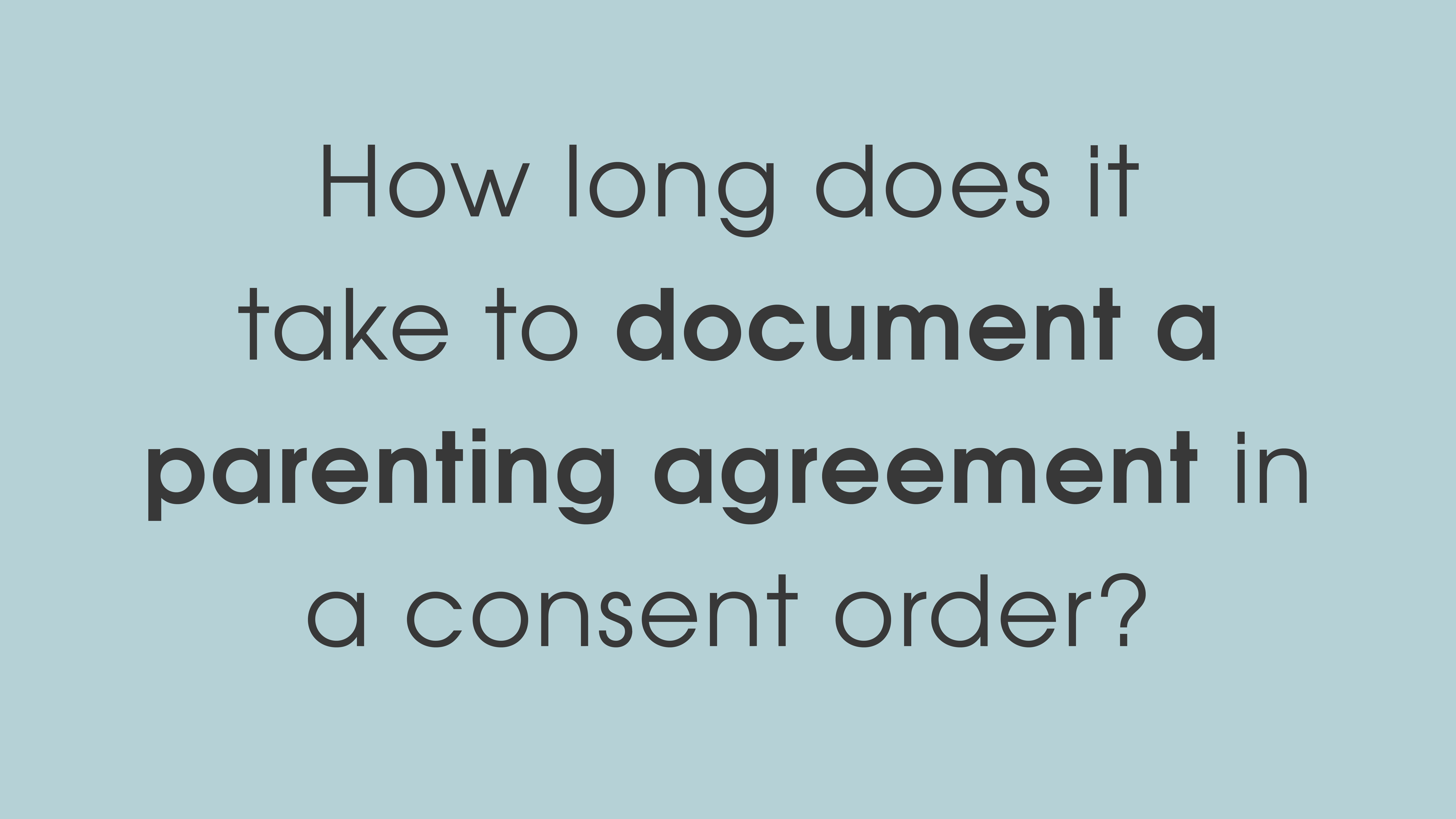How stress and complex trauma can affect a child’s development

As family lawyers, we see a lot of clients that have been through adverse trauma. As a result, children of their relationship have been affected by this trauma in some way. It could be directly or indirectly.
Something that is ever-present in our thinking as family lawyers is the court’s consideration of what is in the child’s best interest. It is our duty as family lawyers to advise our clients about what the court considers to be in accordance with the child’s best interests, and it is also the court’s obligation to make orders in accordance with this principle. One of the major determinants of assessing what is in a child’s best interest is their exposure to physiological and psychological harm.
Courts consideration of harm
The reason the court is so concerned with physiological and psychological harm is because the impact of this on a child’s development can be profound. The effects of complex trauma can manifest itself in many ways which we will explore below.
Explanation of childhood complex trauma
When a child is not afforded with adequate safety, comfort and protection they begin to form what social scientists refer to as maladaptive coping mechanisms in order to survive. When we talk about safety, comfort and protection we talk about the things parents provide to their children in the early stages of their life by virtue of the fact that infant and small children rely upon adults for these things. If a child does not feel safe, lacks comfort or protection than social science research tells us that can be detrimental to their wellbeing.
Science behind trauma response
A child that has had adverse childhood experiences such as abuse, neglect or exposure to family violence will go into what we identify as a flight or fight mode which is a hormonal and physiological response. Put simply, when an individual goes into a fight or flight response, this signals to the brain that there is some threat of harm and the brain then prepares the body to act. This is what we mean when we refer to a fight and flight response.
Many children that have experienced adverse experiences will be in a constant state of flight or fight because they become hyper aware of their surroundings or threats. An example of this would be that if a child is living with a parent with extreme mental health issues that sees them having violent episodes. A child in this instance would learn to become hyper aware of their parent’s triggers and would therefore try and appease them in an effort to avoid the threat of outburst.
This constant state of hypervigilance is damaging and can lead to a number of effects such as delayed development both physically and cognitively with some children actually stopping growing and emotional issues which sees children being unable to regulate their emotions.
The effects of childhood complex trauma can be inter-generational, meaning that parents that have been through adverse life experiences can pass on the physiological effects of this onto their children because their constant exposure to threat has changed the chemical make up in their brain. This is why the court is concerned with making orders that mitigate any risk to further exposure of harm, whether it be physical or psychological, because of the long term effects it can have on a child’s development.
If you would like to speak with a family lawyer about your family situation, please phone to book an appointment on (07) 3343 9522 or (07) 5446 1745.





